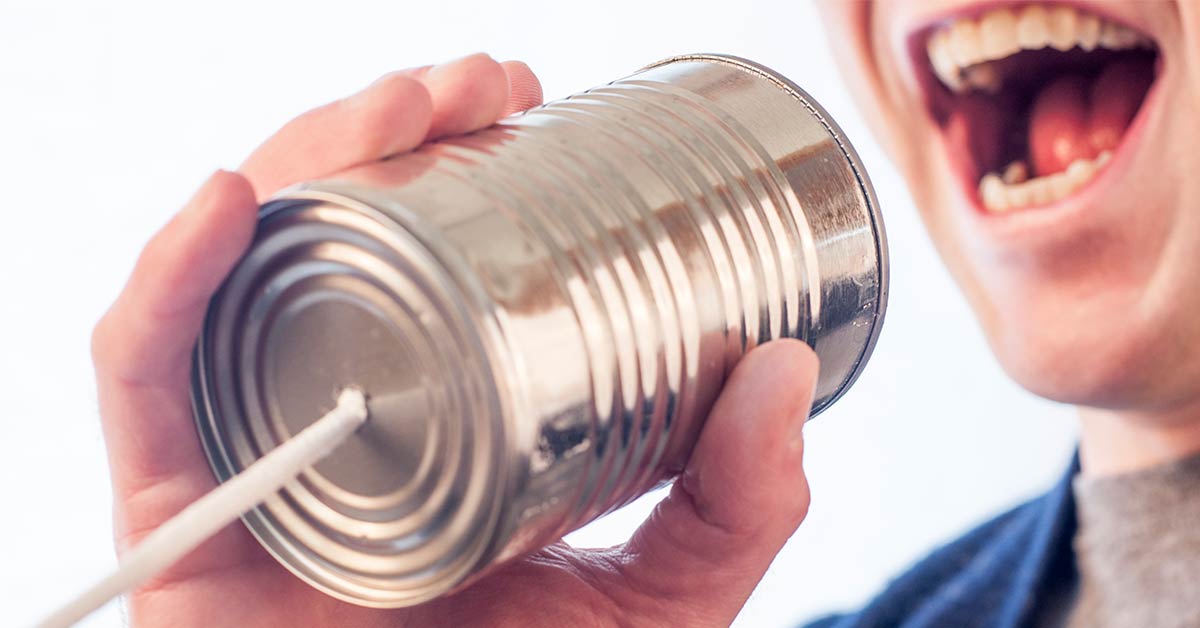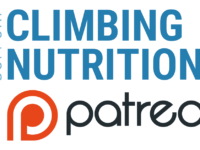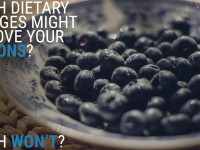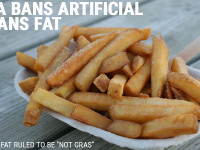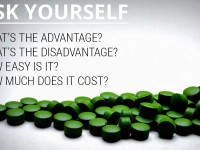You’ve heard that you shouldn’t spray beta, right? The basic idea is that you shouldn’t presume to know whether someone wants your advice, so don’t just shout it out even if you see an obvious problem. Instead, you should do the polite thing and ask them if they’d like some beta first—that way you don’t just insert yourself into their problems.
Well, the same thing goes for dietary advice—don’t give it when it’s not requested, even if you think someone is doing something “unhealthy”, even if you’re worried for their very life.* Your advice may not be welcome, may be counterproductive, and may not even be correct.
First, What Is Diet Beta?
Diet beta is basically any dietary advice—even types that you may not realize are “advice”. That means it includes not only obvious things like…
- “You shouldn’t get that, it’s really fatty.”
…but also…
- “Do you really want that second slice of cake?” and
- “Too much sugar is really bad for you.”
See, even though that second piece of advice is worded as a question, what you’re really saying is “I don’t think you should have a second slice of cake”, and there’s no disguising your meaning. The same goes for when you make general statements of fact in a targeted way. Yes, everyone knows that you should avoid having excess sugar for a variety of health reasons—but the only reason you’re bringing it up now is to nudge someone.
Regardless of how it’s phrased, the intent of diet beta is clear: “Hey! You’re doing something wrong!” And surprise—most people don’t like to be told they’re making a bad food choice because food choices are highly personal and also because…
Diet Beta Is Judgmental
Yes, a core problem with diet beta is that it is inherently judgmental.
To begin with, there is a huge amount of cultural and emotional baggage bundled with diet and food choices. What you might perceive as “helpful tips” or “caring guidance”, the person you’re talking to may feel embarrassed by. They could be struggling with emotional food problems that are completely unknown to you (or known, but callously ignored), and being reminded of that in public is shaming.
When you offer someone unsolicited diet advice, you implicitly let them know that:
- You’re watching what they eat; and
- You care about what they eat.
But what someone else eats is really not your business anymore than the clothes they like to wear or the routes they like to climb.
Worse still, when someone feels publicly judged it can trigger further emotional food problems, which is probably the opposite of whatever noble intentions you may have had. You cannot solve a dysfunctional relationship with food by inserting more dysfunction, and that’s exactly what you do when you put yourself into someone else’s struggle without their permission.
It doesn’t end with emotional damage, either—though this alone is reason enough to stop spraying diet beta. You can create long-lasting food habits that have the potential to physically harm someone as well because…
You’re Not an Expert
There’s a very good chance that you are, in fact, not a nutrition expert. You are fully qualified to make decisions about your own diet, and you may even have some little humans to make decisions for as well, but that’s where the buck stops and it’s a long ways away from being qualified to offer other people dietary advice.
There’s a reason why most countries (and most states in the United States) regulate nutrition and don’t allow just anyone to practice it—you can cause serious damage if you don’t know what you’re talking about! You can’t learn clinical nutrition from blogs and the abstracts of scientific papers; you need to have years of education, significant amounts of self-study (because there’s always new research, and generous amounts of critical thinking so you can parse the good science from the bad, not to mention practice.
But here’s the kicker: even if you are a bonafide expert, you’re still not an expert on anyone to whom you are offering unsolicited advice! You don’t have a patient intake form on them, you don’t know if they have medical conditions or a family history, you don’t know what their goals are, and you don’t know what their current diet is like. Trying to change their diet from this vantage point is like trying to perform surgery without knowing where the problem is—and like this sort of blind surgery, you’re far more likely to cause harm than help someone.
*But What If You’re Worried for Their Life?
Sometimes we can get wrapped up in our beliefs and enter a death spiral. Suddenly, every food choice seems like a life and death situation and watching someone eat a “no-no food” is like watching them eat razor blades.
Take a deep breath. Then ask yourself if it’s a genuine threat like eating an actual razor blade, or an existential threat like how non-organic produce might affect a human body.
If that’s not clear enough, then here’s an even simpler rule: If it’s not going to harm a person right this damn second then don’t share it.
Are you at a crag and see someone about to eat a poisonous mushroom they just found? Definitely tell them! Is your peanut-allergic friend about to chomp on some peanut-containing gorp? Knock it from their hand! Is your non-celiac acquaintance going to town on some muffins? Keep it to yourself. Is your boyfriend or girlfriend enjoying a third slice of pizza? Well, you should really know better than to mention it, but most people are dumb in this way.
Really, this isn’t different than any situation. If you see someone backclip, they may feel embarrassed to be called on it, but they’ll feel a lot better embarassed than injured should they fall. If there’s a loose flake on a highball bouldering problem, few will begrudge you that unsolicited knowledge. Safety takes precedence over ego.
Be realistic about the danger at hand, and act accordingly; don’t overblow the dangers of any dietary choice, no matter how unhealthy it seems.
This Doesn’t Apply to Me
Maybe it doesn’t, but probably it does. Not everyone will give advice to random strangers, but most people will make the occasional underhand comments to their friends or family about their diet—and even these seemingly innocuous unsolicited comments are usually unwelcome and never helpful.
If you really think this isn’t you, I challenge you to be overly aware of how you talk to other people about food and diet. You might surprise yourself and find an undertone you didn’t expect to see.
So What Should I Do?
There’s a lot of cultural custom to rise against, I know. Even if we’re not talking about it, judging what other people eat is like a sport in the United States. You can fight it, though.
First, stop commenting on other people’s food choices. Unless you’re sharing something completely subjective, like which flavor of ice cream you prefer, then keep it to yourself. There’s no such thing as unsolicited constructive criticism when it comes to diet.
Second—and this is the hard one—try to stop caring about other people’s diets in general. Your concern is unnecessary whether you voice it or not, and even if it affects no one else it is clearly causing you anxiety.
Like I said, it’s hard, just like it’s hard to watch someone stuggle time and again with a problem you know they could solve if you just shared your secret. But keep it to yourself because their struggle is not your struggle.
If you really want to help people change things, lead by example. If someone casually sees you send a problem they’ve been struggling with, they might actually ask you what you did. If people notice that you’re healthy, or strong, or skinny, or whatever, they might ask you what you eat. Then, you can go ahead and tell them. You can point out that tricksy crossover, or let them know how awesome sardines are.
Be careful not to oversell it, though—when someone asks you for beta, they’re not asking you to be their coach, and when someone asks how you eat, they’re not asking you to be their nutritionist. They’re just asking for a single piece of advice, and they’re welcome to do whatever they want with it, including ignoring it. And if they do ignore it, don’t freak out—they might know something about themselves that you don’t.
